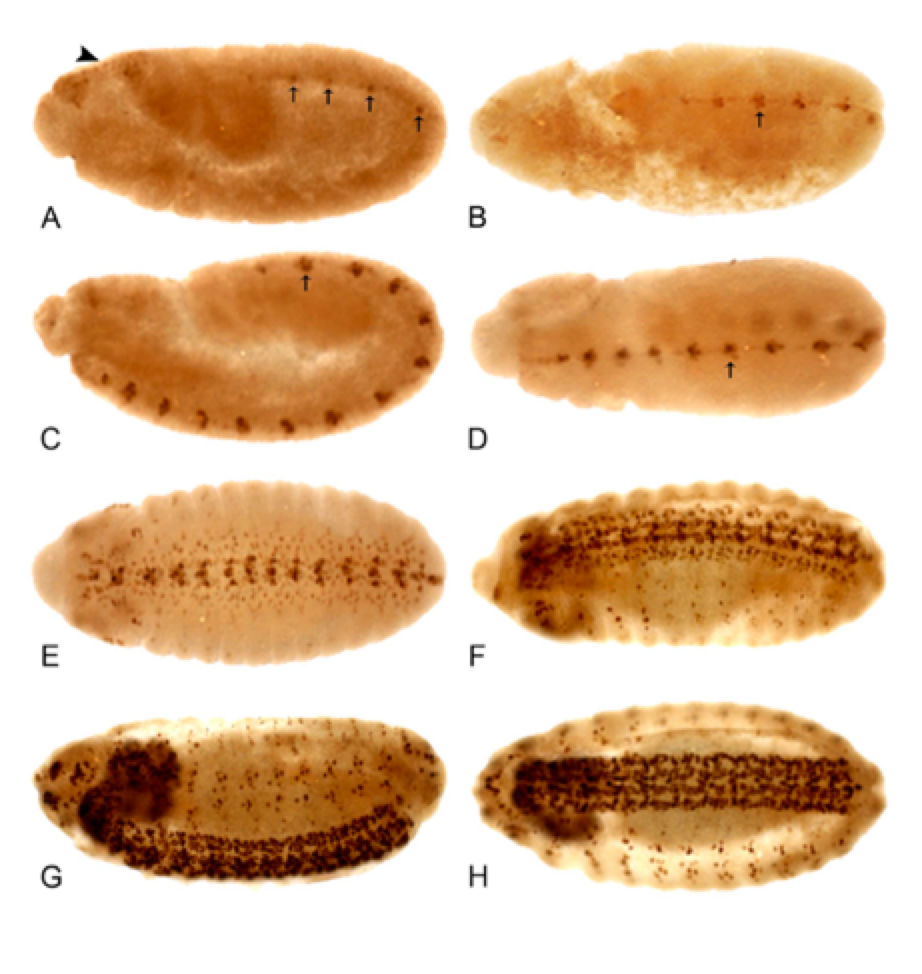Developmental, Reproductive & Evolutionary Biology Program
What We Study
The possibility of longer human space missions created the need to study sexual reproduction in microgravity environments. The Reproduction, Development, and Sex Differences Lab studied epigenetics: the changes that occur that are not encoded in the genome.
Using rodent research, scientists looked at generations of mouse reproduction. In a year, they could study six generations of mice. Researchers studied a mother who came from a line whose germ cells had been exposed to microgravity. They asked: How does that shape life? How do bones grow? What about the gravity dependence of different tissues and organisms? How do the cells of our brain connect? What about our sense of balance and connectivity? To answer those questions, they conducted cross-generational changes over time using epigenetic studies.
Specifically, they studied the reproductive capacity of rodents. Their goals were to design experiments that studied gestation over the long term, across multiple generations. They wanted to learn if pregnancy could occur in microgravity, how microgravity affects development of the fetus and — as babies are born and offspring grow — how microgravity impacts mammalian development.





























